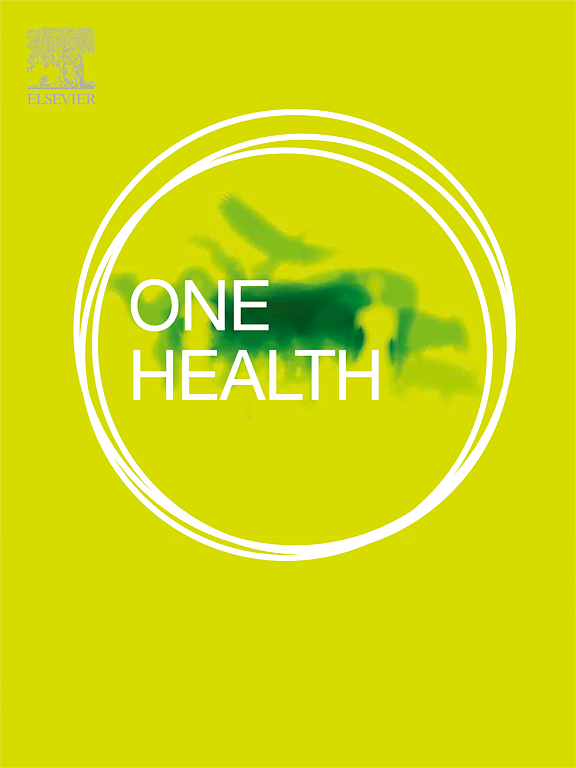Sustainable control and integrated management through a one health approach to mitigate vector-borne disease
IF 4.1
2区 医学
Q1 INFECTIOUS DISEASES
引用次数: 0
Abstract
Vector-borne diseases have a huge negative impact globally. WHO has proposed the concepts of “sustainable control” and “integrated management” to control vector organisms. It formally proposed the “Global Response to Vector Control 2017-2030” in 2017. Combining this concept with the One Health (OH) concept, China has proposed a scalable approach to ----- Four Pest-Free village, aiming to reduce the incidence of vector-borne diseases by reducing vector density through the use of environmentally friendly treatments, thereby reducing the incidence of vector-borne diseases and achieving human, animal and environmental health. The results of the study show that the “Four Pest-Free Village” has a significant effect on controlling vector populations, transforming the rural landscape, increasing the area of wetlands and reducing the incidence of vector-borne diseases.
The response of Zhejiang Province's Four Pest-Free Village to vector-borne diseases, particularly mosquito-borne diseases, provides a proof of concept that a multisectoral effort involving community members with the concept of One Health and the GVCR as proposed by the WHO can be effective in responding to outbreaks of zoonotic diseases while also protecting the national economy and reducing national financial support for infectious diseases.
求助全文
约1分钟内获得全文
求助全文
来源期刊

One Health
Medicine-Infectious Diseases
CiteScore
8.10
自引率
4.00%
发文量
95
审稿时长
18 weeks
期刊介绍:
One Health - a Gold Open Access journal.
The mission of One Health is to provide a platform for rapid communication of high quality scientific knowledge on inter- and intra-species pathogen transmission, bringing together leading experts in virology, bacteriology, parasitology, mycology, vectors and vector-borne diseases, tropical health, veterinary sciences, pathology, immunology, food safety, mathematical modelling, epidemiology, public health research and emergency preparedness. As a Gold Open Access journal, a fee is payable on acceptance of the paper. Please see the Guide for Authors for more information.
Submissions to the following categories are welcome:
Virology,
Bacteriology,
Parasitology,
Mycology,
Vectors and vector-borne diseases,
Co-infections and co-morbidities,
Disease spatial surveillance,
Modelling,
Tropical Health,
Discovery,
Ecosystem Health,
Public Health.
 求助内容:
求助内容: 应助结果提醒方式:
应助结果提醒方式:


